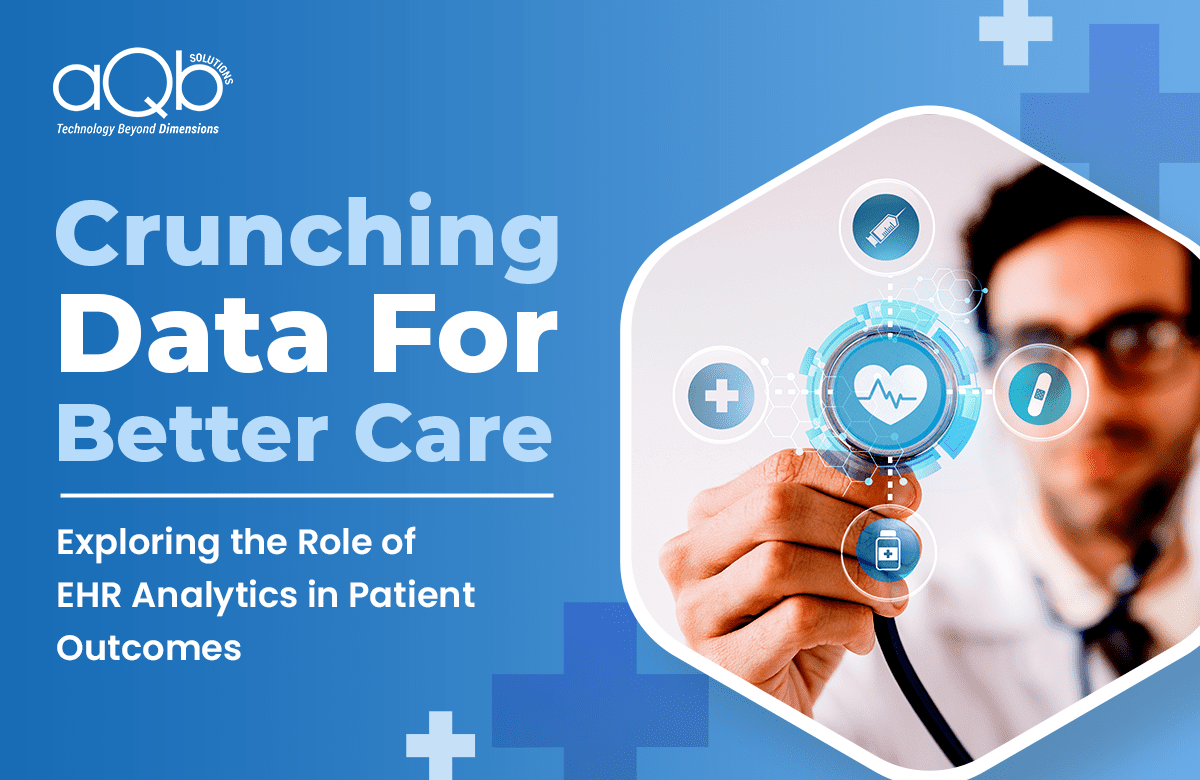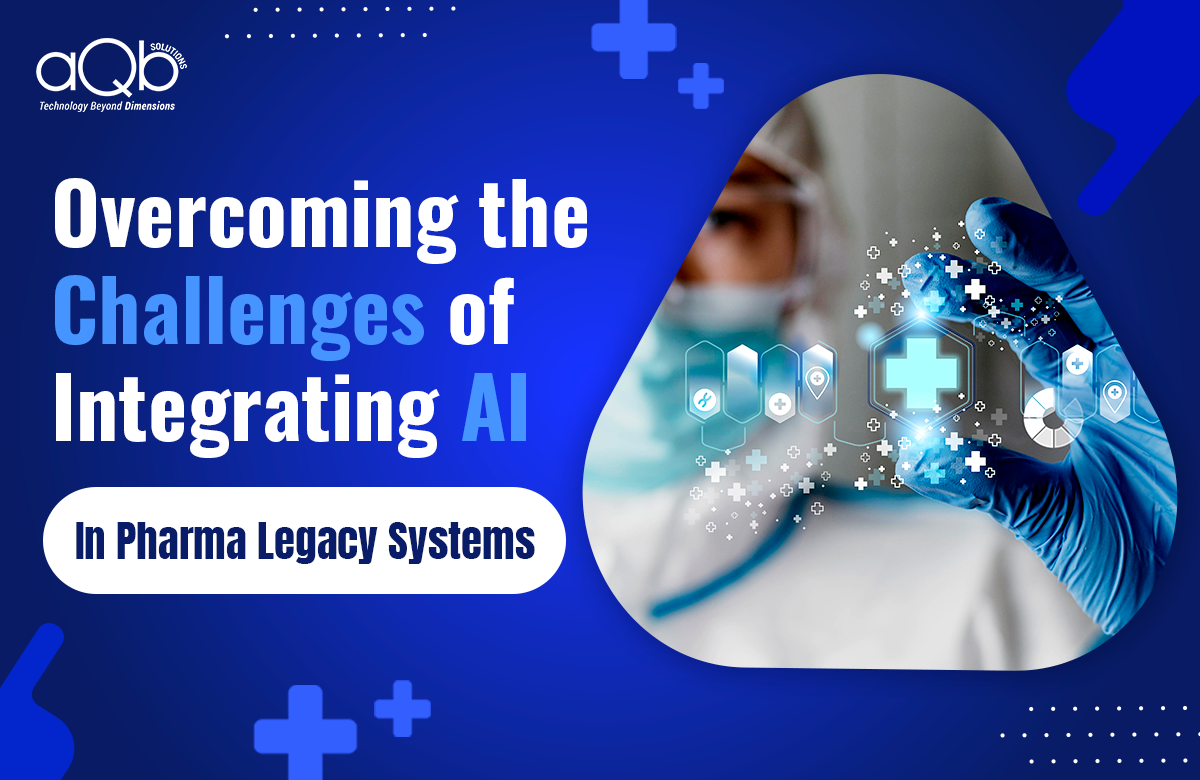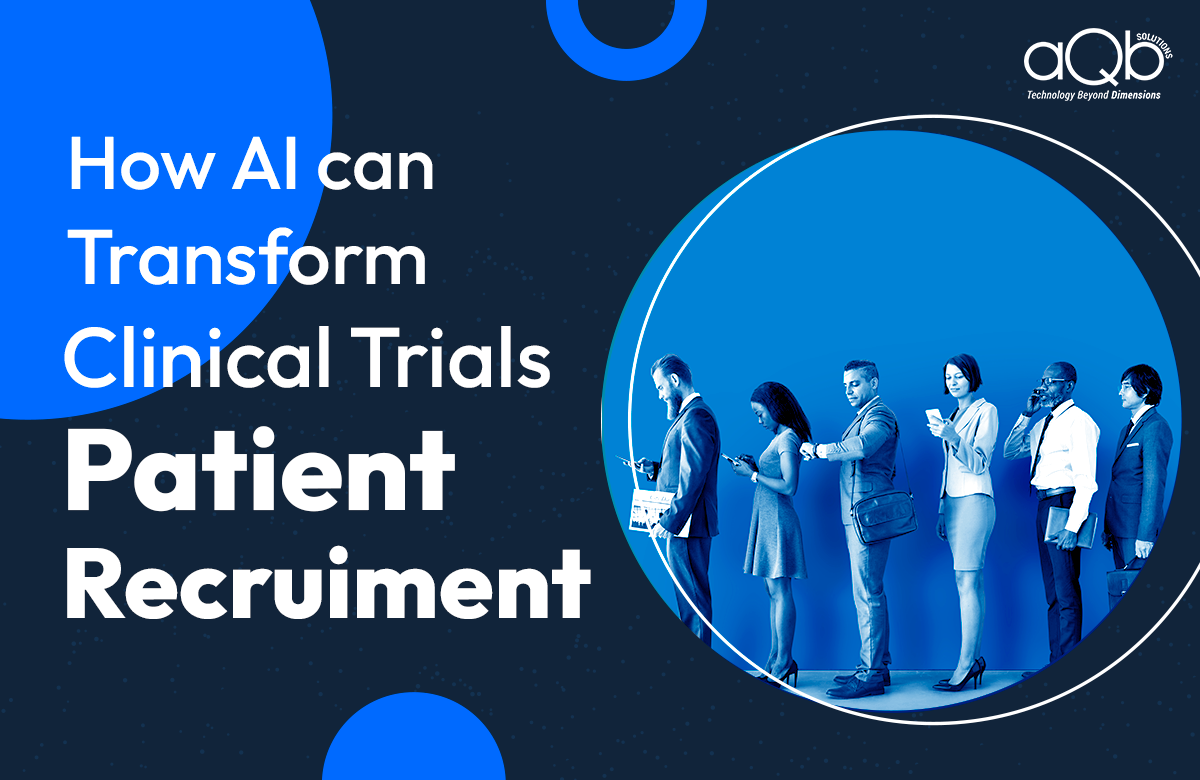Key Takeaways:
- Electronic Health Records (EHRs) have revolutionized healthcare data management, but the true potential lies in EHR data analytics for improving patient care.
- Despite high healthcare spending in the United States, patient outcomes lag, with lower life expectancy and preventable mortality rates, as compared to other high-income countries.
- EHR data analytics empowers healthcare providers to analyze extensive patient data, detect patterns, make data-driven decisions, optimize operations, and reduce costs.
- It enhances patient outcomes by supporting real-time decision-making, enabling personalized treatment, early detection of chronic conditions, and improving care quality and performance measurement.
- EHR data analytics also promotes care coordination and continuity, facilitating information exchange and bolstering communication among care providers.
- Population health management, empowered by EHR data analytics, helps target interventions and resource allocation, leading to improved community health.
The healthcare sector is in a perpetual state of transformation, and electronic health records (EHRs) have brought about a profound change in the management of patient data by healthcare providers. EHRs encompass an extensive and organized repository of information gathered throughout a patient’s healthcare journey. This includes medical history, treatment records, diagnoses, prescription details, allergies, laboratory findings, radiology reports, and other pertinent healthcare data.
While medical transcription service providers can aid physicians in inputting data into EHRs, the collection, analysis, and interpretation of this information, also known as EHR data analytics, are imperative for acquiring insights and making informed decisions that can ultimately enhance patient care. Let’s delve into how data analytics has the potential to revolutionize healthcare and elevate clinical outcomes.
The Current Healthcare Landscape and Patient Outcomes
Despite the remarkable advancements in medical technology and treatment options, there hasn’t been a substantial enhancement in patient outcomes in the United States and other parts of the world. In fact, according to a 2023 report by the Commonwealth Fund, the U.S. maintains notably higher healthcare expenditures, both per capita and as a percentage of GDP. Paradoxically, despite these significant investments, the U.S. experiences a lower life expectancy at birth, higher mortality rates for conditions that are preventable or manageable, and increased rates of maternal and infant mortality.
How EHR Data Analytics Can Revolutionize Healthcare
Data analytics involves the systematic collection, examination, and interpretation of data to extract insights and make well-informed decisions. As the healthcare sector progressively transitions towards a more individualized, patient-centric model, the analysis of Electronic Health Records (EHR) data can revolutionize healthcare by empowering healthcare providers to:
- Analyze extensive patient data
- Detect patterns and trends within the data
- Make data-driven decisions
- Enhance patient outcomes
- Optimize healthcare operations
- Cut down on expenses
How EHR Analytics can Enhance Patient Outcomes
Electronic Health Record (EHR) data analytics offer actionable insights on patient behavior, trends, and patterns, improving care in the following ways.
Supports decision-making
EHR data analysis offers real-time clinical decision support, ensuring patient safety and informed care. It detects medication errors, drug interactions, and alerts clinicians to critical patient details like allergies. By delivering pertinent information during care, it enhances decision-making and safeguards patients from potential risks.
Personalized Treatment
A significant advantage of EHR data analytics lies in its ability to assist physicians in crafting individualized treatment strategies. By considering patients’ medical history, genetics, and lifestyle, healthcare providers can pinpoint the most suitable treatment options, allowing for customized care aligned with evidence-based standards.
Early Detection and Prevention
EHR analytics, through the examination of data like lab results, vital signs, and patient records, can pinpoint individuals at risk of chronic conditions. It generates alerts for preventive actions, enabling early intervention by clinicians to halt disease progression, ultimately enhancing patient well-being and minimizing complications.
Improves Quality and Measures Performance
EHR data analytics enables the measurement and monitoring of essential performance indicators concerning patient care quality and results. Through EHR data analysis, organizations can pinpoint areas requiring enhancement, track advancements, and execute precise quality improvement efforts, ensuring compliance with clinical standards and optimal practices.
Coordination and Continuity of Care
EHR data analytics fosters seamless care coordination by offering a holistic patient perspective across diverse care settings and providers. It facilitates information exchange, including lab results, radiology reports, and treatment plans, granting healthcare providers access to the latest patient data. This, in turn, bolsters care consistency, curtails redundant tests or procedures, and improves communication and teamwork among care groups.
Population Health Management
Population health management is now a pivotal strategy for advancing community health. EHR data analytics plays a key role by gathering and assessing essential demographic and clinical data concerning a particular patient group. This process empowers effective population health management, allowing healthcare providers to pinpoint overarching trends and patterns in order to strategically target interventions, preventive measures, and resource allocation where they are most needed.
This proactive healthcare strategy leads to better patient results, improved care coordination, the consideration of social determinants of health, cost reduction in healthcare, and ultimately, a boost in overall population health outcomes.
Examples of EHR and big data use by healthcare providers
A notable instance of successful EHR and big data utilization is the Mayo Clinic, an early adopter of EHRs since 1996. Mayo Clinic has implemented an advanced EHR system that seamlessly incorporates big data analytics, enabling clinicians to base their patient care decisions on data. This system has played a pivotal role in enhancing patient results and cutting down on expenses.
Similarly, the University of Pittsburgh Medical Center (UPMC) has effectively employed EHRs since 2002. UPMC has designed its own EHR system, equipped with sophisticated analytics tools that assist clinicians in making more informed decisions regarding patient care. Through the application of big data analytics, UPMC has succeeded in enhancing patient outcomes and reducing hospital stay durations.
Another prominent example is the Cleveland Clinic, which employs EHR data analytics to identify patients at a heightened risk of readmission, enabling targeted interventions to reduce readmission rates.
Additionally, Kaiser Permanente has established the comprehensive HealthConnect system, promoting seamless data exchange across their facilities and streamlining EHR utilization. According to a McKinsey report, this integrated system has substantially enhanced cardiovascular disease outcomes and saved an estimated $1 billion by reducing office visits and lab tests.
These instances underscore the capacity of EHR data analytics to enhance patient results and alleviate healthcare expenses.
Summing Up
In healthcare, the adoption of EHR analytics holds the promise of transforming our approach to patient care and population health management. As ongoing innovations unfold, collaboration between healthcare providers and technology developers becomes crucial in crafting inventive and meaningful solutions that bring advantages to both patients and providers.
If you think EHR analytics is something that can benefit you, AQB Solutions can help you leverage the technology to the fullest! Being a leading data science and analytics company, we have developed innovative technology solutions for various companies in the pharma and healthcare verticals. To know more, request a consultation today!




